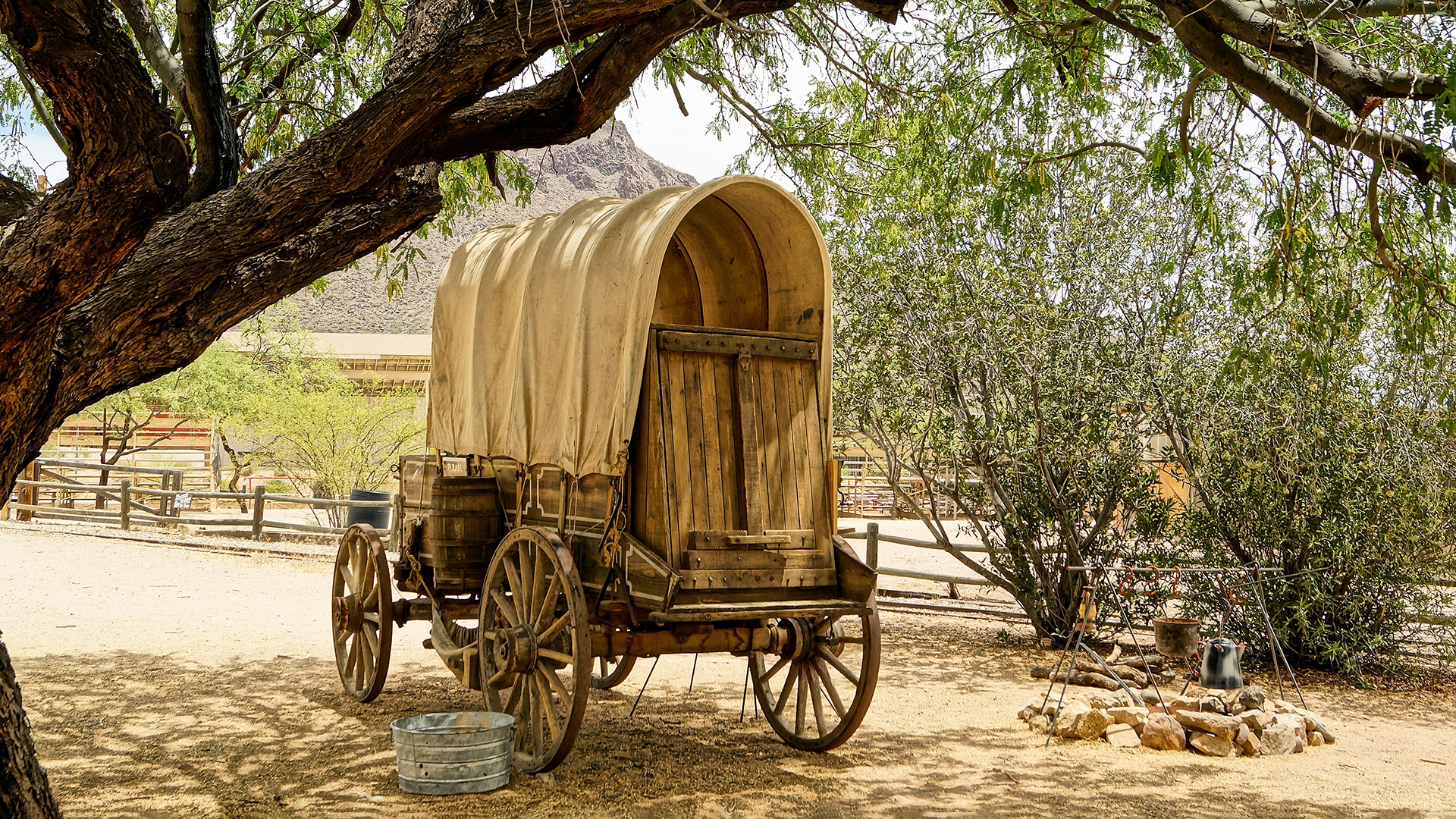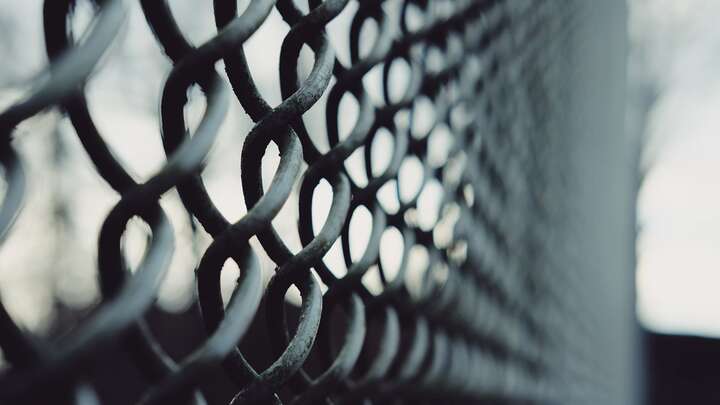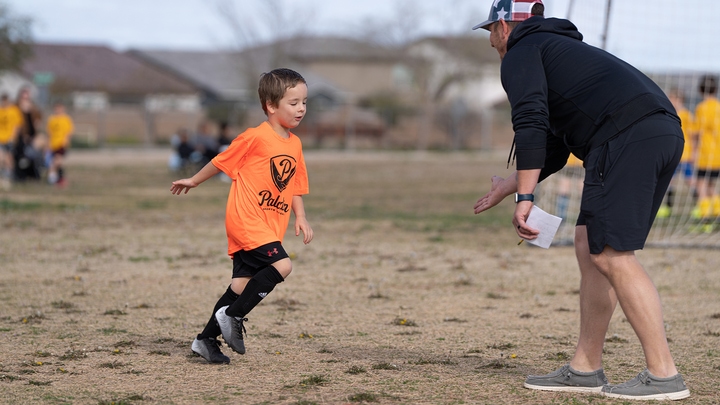
Photo by Larry Costales on Unsplash
The Importance of a Good Dinner.
Cowboy chuckwagons were manned by veteran cowboys who cooked, sewed, repaired equipment and acted as mediators when tempers flared.
By The Foundation for a Better Life
The iconic chuckwagon seen so often in movie Westerns came about shortly after the American Civil War. As the country expanded, cattle ranchers moved their herds along the Chisholm trail to Abilene, or across Texas to Dodge City, where cows fetched a good price and could be shipped to faraway markets.
Beef was the mainstay of the American diet. But it wasn’t fresh on the trail. For months at a stretch, cowpokes gathered nightly around the chuckwagon to eat greasy dried bacon, salted pork and the occasional trail find of rabbit or deer.
Through rain or wind or scorching heat, the chuckwagon rattled along, bedrolls stored along with food, the clamor of Dutch ovens and pans, tools to make repairs, spare wagon parts, a water barrel, and perhaps a book or two to read to the pokes at night. It was a heavy, horse-drawn load moving ahead of the herd in order to have dinner going by the time the cows were settled in for the night.
Spend 10 hours a day in the saddle in a cloud of dust, setting up camp, wrangling stubborn cattle and keeping an eye on stray cows, and your poker earnings can be strenuous. In the evening, appetites were high and tempers short. The “cookie” or chuckwagon chef was second in command of the dozen or so cowboys. His role was to keep the outfit fed, repair clothes and be the arbiter in any disagreements. It’s said that a good cookie “could mend a friendship with one hand while turning biscuits with the other.” He was always the first up in the morning to get breakfast on, the first to the next camp and the last one to hit the hay.
In today’s world, we romanticize the chuckwagon. In its time, it was just a necessity. After a hard day’s work, cowboys could relax for a bit, chew the fat (a saying that comes from chewing on dried bacon) and tell a few tall tales. What we now call team building and socializing to foster cooperation happened naturally around the chuckwagon. Grievances were aired, girlfriends were missed, love was enshrined in rough poetry and bawdy lyrics. Everyone learned how to get along because if they didn’t, they might find themselves broke and alone in the nearest small outpost.
The cattle drive ended abruptly when the railroad stitched its way across the West. But the cowboy dinner-time ritual remains a staple of families and friends for bonding and enjoying stories of the day’s adventures — a time to mediate sibling squabbles, assign chores and attend to hurt feelings. Turns out, the best way to learn how to get along is over a meal, even if it is week-old bacon, dry biscuits and bland beans. It’s the conversation that makes the food taste better.
Ring The Dinner Bell… PassItOn.com®
Copyright ©2024 The Foundation for a Better Life. All rights reserved. Available under a Creative Commons Attribution NonCommercial-NoDerivatives 4.0 License (international): https://creativecommons.org/licenses/by-nc-nd/4.0/
The Foundation for a Better Life, a 501(c)(3) non-profit organization, gives your newspaper permission to publish these stories in print and electronic media (excluding audio and video), provided the stories are published in their entirety, without modification and including the copyright notice. For any modification, permission must first be obtained from the Foundation by emailing media-relations@passiton.com. Thank you.
We add new stories each month. If you'd like to be notified when we publish new stories, enter your information below.




